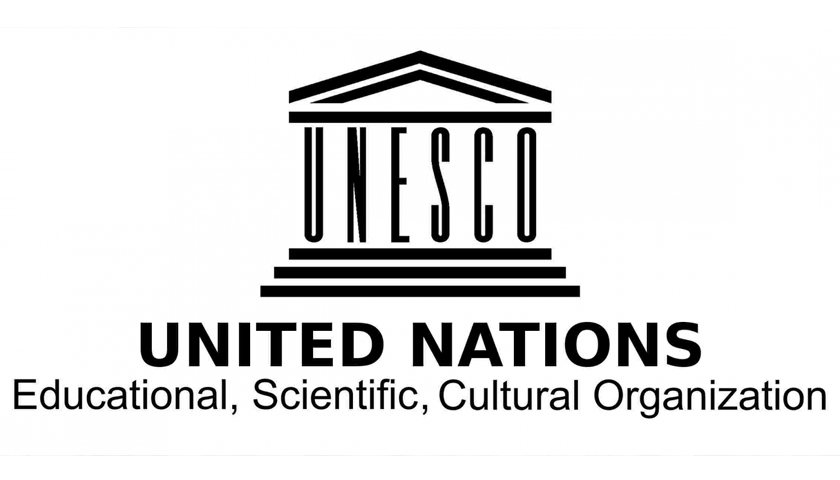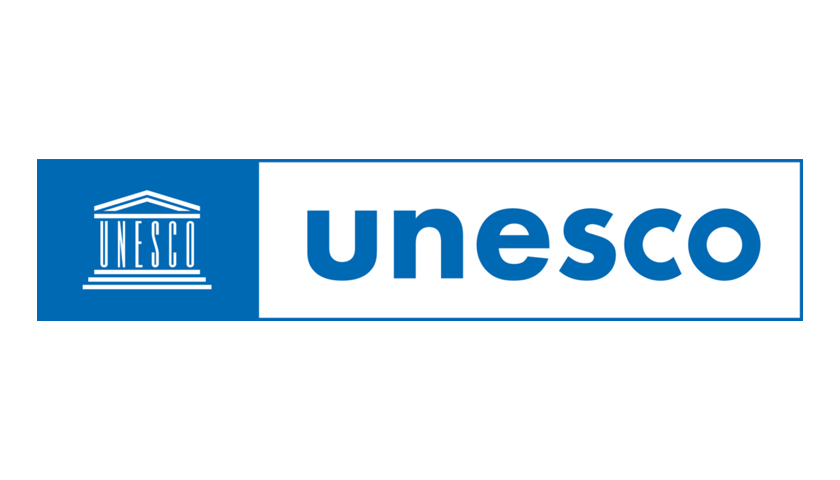On 13 May 2020, the UNESCO Social and Human Sciences Sector organized a Webinar under the theme “Managing Covid-19 pandemic within ethical principles: A reflection on the current and future situation in the Eastern Africa Region”. It drew experts, from Kenya, Uganda, Tanzania, Rwanda, Ethiopia and Comoros, including representatives from National Ethics and Bioethics Committees (NBCs), and further amplified their voices with update provided, experiences shared and reflections and ideas brought forward on current and future implications of COVID-19 pandemic in the region.
In her welcoming remarks, the Director of the UNESCO Regional Office for Eastern Africa based in Nairobi, Ms. Ann Therese Ndong-Jatta, stressed the importance of UNESCO’s mandate on ethics of sciences and technology, and the need for ethically weighted solutions in response to the pandemic, putting the dignity and universality of human rights at the center. This, she recalled, underpins the UNESCO Universal Declaration of Bioethics and Human Rights (2005), and she further reiterated the importance and timeliness of the webinar for shedding more light on the ethical principles encapsulated in the above UNESCO Declaration, for their effective application in the Eastern Africa Region.
In her keynote on “Bioethical issues related to COVID-19 Pandemic”, Professor Alice Mutungi, Chair of the NBC Kenya and Chair of the African Network of National Ethics and Bioethics Committees, analyzed the ethical principles provided by the Universal Declaration on Bioethics and Human Rights in light with some challenges faced in their application in the region. She highlighted principles such as “benefit and harm”, “responsibility”, “consent”, “vulnerability”, “confidentiality and privacy” or even “non-discrimination and non-stigmatization”, among others. She further confronted them to the reality on the ground in several countries in the region; from the scarce health resources to gaps in biomedical ethics, notably in research during the pandemic, the diversity of responses and strategies developed by different countries to fight against COVID-19.
Experience sharing from countries during this meeting reaffirmed in a consensual way the importance to scrupulously observe international standards and norms on bioethics and human rights, especially in the responses to COVID-19. The relevance of National Ethics and Bioethics Committees (NBCs) was reaffirmed, with a vibrant call for establishing such in countries of the region where there are yet to be created, and to strengthening those in existence. The contribution of NBCs to established National Task Forces/Committees in response to COVID-19 was outlined, with a plea made to governments to tape into this essential resource more effectively, to ensure bioethical and ethical issues are observed in all national response mechanisms. Participants also made urgent call for setting up institutional ethics committees, namely for research, hospital and professional association. Besides, the potential of traditional medicine was echoed, and the experience of countries like Madagascar was referred to, in support of national strategies looking into possible local solutions, and how they could be standardized and scientifically approved.
Above all, the experts applauded the opportunity to meet and share mutually beneficial experience from countries, with willingness shared by Kenya and Uganda to undertake similar discussion on the ethical dimensions of COVID-19 at the national level.

